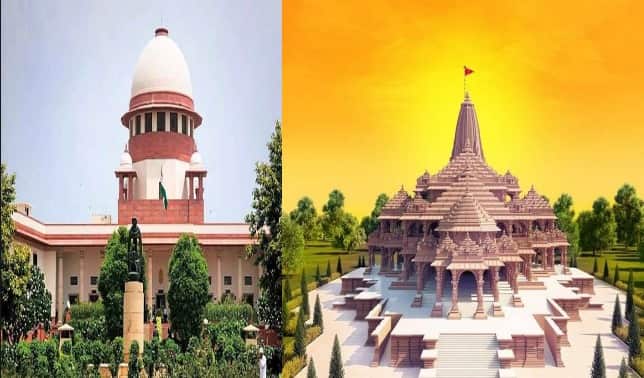
The Supreme Court of India on Friday refused to hear a petition to declare the land in Ayodhya where the Ram Mandir is being built as ‘Ayodhya Buddha Vihar’.
The petitioner, Vineet Maurya, contended through his advocate that Buddhist artefacts had been recovered from the site, which the Allahabad High Court noted in its 2010 decision in the Babri Masjid-Ram Mandir dispute.
Hence, it was argued, the land should be designated as an archaeological site of national significance under Sections 3 and 4 of the Ancient Monuments and Archaeological Sites and Remains (Amendment and Validation) Act.
However, a bench of Chief Justice of India DY Chandrachud and Justice PS Narasimha stated that the Supreme Court had addressed the issue in the Ayodhya judgement and asked Maurya to either withdraw the petition or the bench would dismiss it. The plea was then withdrawn by Maurya.
According to the petition, there were Buddhist structures and artefacts on the site prior to the construction of the Babri mosque in the 16th century, which were demolished to build the mosque.
According to historians, the Archaeological Survey of India, and witnesses in the case, the Allahabad High Court recognized the presence of stupas and pillars with Buddhist architectural features at the site in its 2010 verdict in the Ayodhya land dispute.
According to him, no further conclusions were reached regarding the Buddhist community’s claims because applications to join the case filed by Buddhist community members were denied, preventing them from presenting their case before the High Court.
The Supreme Court awarded the site to Hindu parties in 2019 and allowed the construction of a Ram Mandir at the site.




